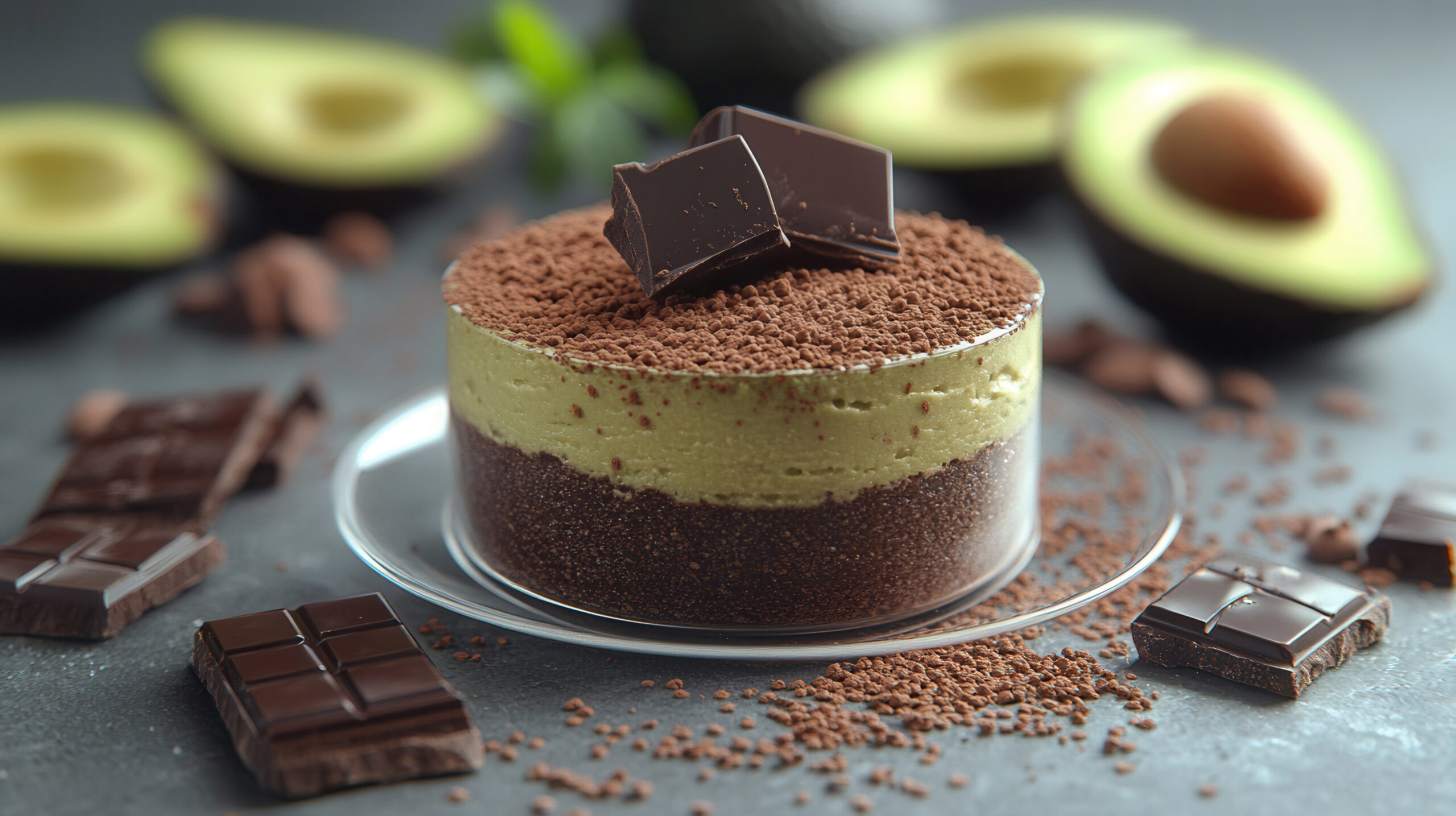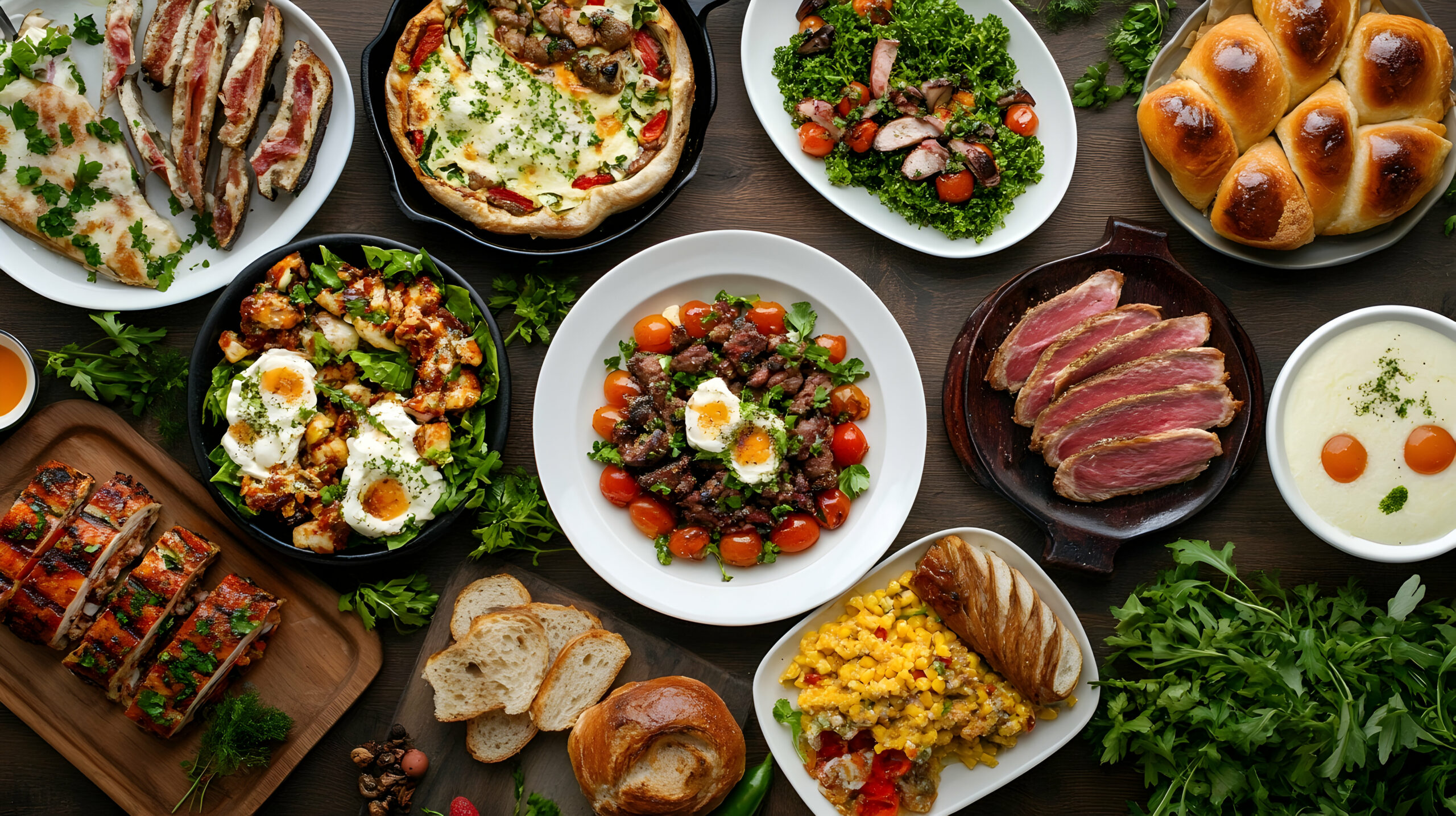Most movie villains are easy to pick out. Just look for the shifty demeanor, dark gaze, or evil chuckle. But at other times, villains are not as clear-cut. Sometimes it takes the entire movie to find out—with a shocking thrill—who the real bad guy was all along.
We’ve seen this turn-in-events time and time again onscreen, and we make the same mistakes when it comes to understanding who the villains are when it comes to our health. When it comes to maintaining our cholesterol, fat and red meat have been promoted as the villains when these aren’t the food groups that are behind high cholesterol.
Avoid these six true culprits behind high cholesterol to finally turn the story around.
Sugar
Sugar wreaks havoc on your cholesterol. When you eat too much sugar, your liver makes more LDL while lowering the amount of HDL in your body. The extra calories from a sugary diet also leads to more of something called triglycerides, a type of blood fat that plays a role in your cholesterol health.
Skip the sugary desserts, sweet snacks, and candy. Instead, when the sweet tooth strikes, eat this:
Sweet Beverages
Experts say sugar intake significantly influences our cholesterol levels. New research has found that sugar-laden drinks damage our cholesterol levels in two major ways.
Sweet drinks not only increase cholesterol levels, but they also reduce the amount of HDL (good) cholesterol in our bodies. When we regularly drink sugar-sweetened beverages, we increase our risk for cardiovascular disease.
Ditch soda and sugary coffees, teas, juices, and energy drinks. Instead, when water won’t satisfy, drink this:
- Electrolyte water
- Coconut water
- Sparkling water
- Kombucha
- Green tea with honey
- Naturally sweetened diet soda, like Zevia
Processed Carbs
Highly processed carbs tend to have a high-glycemic index, which means they cause blood sugars to rise rapidly. The extreme increase in blood sugar also raises insulin levels, which can, in turn, raise cholesterol.
Cut the processed and packaged carbs, cereals, pastas, bread, and minute rice. Instead, when you’re craving something carby, eat this:
- Blueberry and flax oatmeal
- Sweet potatoes
- Chickpea pasta
- Quinoa
Trans Fats
Trans fats are made when liquid oils are turned into solid fats, like shortening or margarine. These are called partially-hydrogenated oils (PHOs). Because the health risks from these fats are so serious, the United States Food and Drug Administration (FDA) has banned food manufacturers from adding PHOs to foods.
Trans fats raise your LDL (bad) cholesterol. They lower your HDL (good) cholesterol. High LDL along with low HDL levels can cause cholesterol to build up in your arteries (blood vessels). This increases your risk for heart disease and stroke.
Forget fast food, fried food, packaged food (and check your labels for “partially hydrogenated” oils). Instead, try these tasty and healthy options:
- Grass fed burger on a sprouted bun
- Air fryer sweet potato fries
- Air popped popcorn with olive oil
Processed Meats
Processed meats, like sausage, bacon, and hot dogs, are linked to increased rates of heart disease and certain cancers, such as colon cancer. Even a small portion (about 2-ounces or 50-grams) of processed meat per day resulted in a 42% higher risk of heart disease among the participants of a large review.
Say goodbye to daily salami, sausages, hot dogs, lunch meats, and bacon. Instead, pack this for lunch:
- Protein-packed greek yogurt chicken salad
- Bagged salad with chicken breast
- Sprouted hummus and veggie wrap
Excess Vegetable Oils
So many of the fats and oils that go into our food today are really bad for us. And they’re processed with a petroleum-based solvent, which causes irritation, inflammation, disease, and all kinds of heart health issues. In fact, what we now call “vegetable oil” was once called “industrial seed oil” and was classified as “toxic waste.”
Bad oils are rampant in our food supplies. They lead to a load of health issues, including cancers, high blood pressure, obesity, strokes, and heart attacks. We can’t get rid of bad ingredients completely. But try to avoid corn, canola, soybean, sunflower, and safflower oils when possible. Instead, fuel your body with healthy fats, like:
- Avocados and avocado oil
- Nuts, seeds, nut butters, and seed butters
- Organic butter from grass-fed cows
- Extra virgin olive oil
- Fatty fish, like salmon
- Grass-fed ghee
I’m No Stranger to High Cholesterol
Eight months after giving birth to my daughter, I was shocked to hear my doctor say “Your cholesterol is over 300!” I was healthy—or so I thought. I had lost the baby weight, I was eating a low-fat, low-calorie diet. I worked out regularly. But my cholesterol told a different story.
My doctor quickly recommended medication, but I asked for 6 months to try to rectify the situation by adjusting my diet and lifestyle. By practicing the changes listed above, I reached a great cholesterol ratio and simultaneously sparked my passion for health and nutrition.
13 years later, thousands are improving their health, losing weight, and healing their cholesterol through my LEAN program.
If you need help getting your health in line, join LEAN. For more tips and tricks for health and wellness, hop on my weekly newsletter here.




